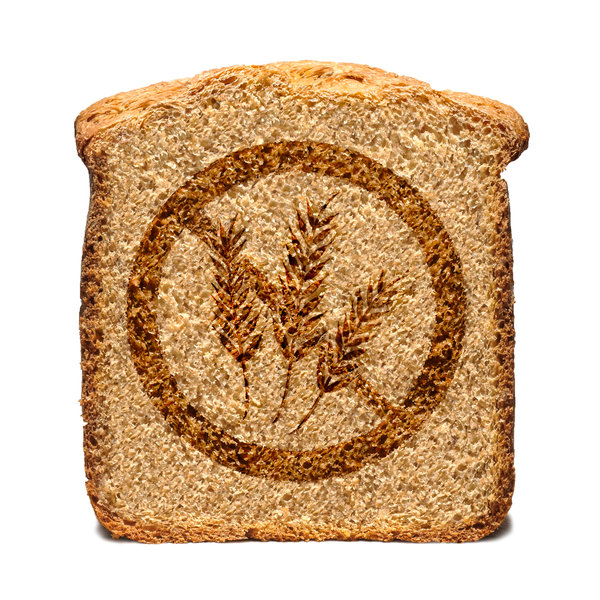Celiac disease, sometimes called celiac sprue or gluten-sensitive enteropathy, is an immune reaction to eating gluten, a protein found in wheat, barley and rye.
If you have celiac disease, eating gluten triggers an immune response in your small intestine. Over time, this reaction damages your small intestine's lining and prevents it from absorbing some nutrients (malabsorption). The intestinal damage often causes diarrhea, fatigue, weight loss, bloating and anemia, and can lead to serious complications.
In children, malabsorption can affect growth and development, besides causing the symptoms seen in adults.
There's no cure for celiac disease — but for most people, following a strict gluten-free diet can help manage symptoms and promote intestinal healing.
Donor requirements for participation:
- You must be clinically diagnosed by a medical professional. Confirmation of the diagnosis and/or treatment must be verified with your physician.
- Be pre-screened to determine eligibility.
- You’re willing to donate plasma through the apheresis process.
- You must have a photo ID and be able to provide your social security number or proof of citizenship.
- You must be at least 18 years old.
- You must weight at least 110 lbs.
- You must disclose if you have ever been diagnosed with Hepatitis C and/or HIV.
For questions and concerns about requirements or participation, contact us at (833) GO-4-CURE.
Symptoms
The signs and symptoms of celiac disease can vary greatly and differ in children and adults. Digestive signs and symptoms for adults include diarrhea, fatigue, weight loss, bloating and gas, abdominal pain, nausea and vomiting, and constipation.
However, more than half the adults with celiac disease have signs and symptoms unrelated to the digestive system, including anemia, usually from iron deficiency, loss of bone density (osteoporosis) or softening of bone (osteomalacia), itchy, blistery skin rash (dermatitis herpetiformis), mouth ulcers, headaches and fatigue, nervous system injury, including numbness and tingling in the feet and hands, possible problems with balance and cognitive impairment, joint pain, and reduced functioning of the spleen (hyposplenism)
Treatment
Consult your doctor if you have diarrhea or digestive discomfort that lasts for more than two weeks. Be sure to consult your doctor before trying a gluten-free diet. If you stop or even reduce the amount of gluten you eat before you're tested for celiac disease, you can change the test results.
Celiac disease tends to run in families. If someone in your family has the condition, ask your doctor if you should be tested. Also ask your doctor about testing if you or someone in your family has a risk factor for celiac disease, such as type 1 diabetes.
This information is not meant for clinical diagnosis, but as an educational resource derived from Mayo Clinic.
Living with a chronic illness can pose great challenges to your daily activity. Being proactive with treatment and donating to research can be a beneficial addition to your routine management. Discovering that you have a disease can be overwhelming with many unanswered questions and concerns. One that may come to mind is “how can I help someone else that may go the same process and struggles that I have experienced?” You can help by becoming a Specialty Antibody donor!
Participating in research allows scientists and clinicians find new treatments, tests and quicker diagnostic methods to improve patient outcomes and, hopefully, prevent the disease in the future.


DO NOT SELL OR SHARE MY INFORMATION
M-Th: 7 AM - 3 PM
F: 8:30 AM - 10:30AM
M-F: 7:30 AM - 3:30 PM
Programs:
Bone Marrow, Whole Blood, White Blood Cells
M-F: 6:00 AM - 12:00PM
Programs:
Whole Blood, White Blood Cells
M-Th: 7 AM - 3 PM
F: 7 AM - 12 PM
Programs:
Whole Blood
M-Th: 8:30 AM - 3 PM
F: 8:30 AM - 12 PM
Programs:
Whole Blood, Plasmapheresis
M-Th: 7 AM - 3 PM
F: 8:30 AM - 1:00 PM
Programs:
Whole Blood, Plasmapheresis, White Blood Cells